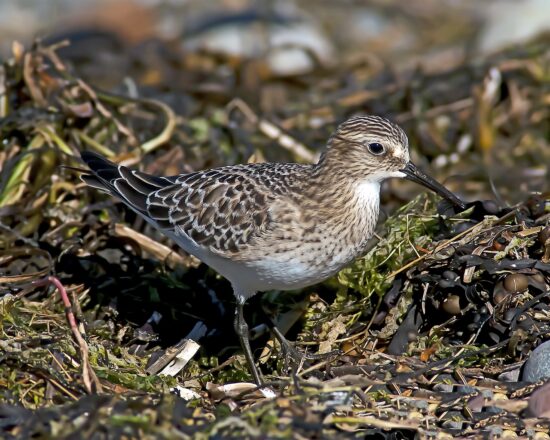Presence and antimicrobial resistance profiles of Escherichia coli, Enterococcusspp. and Salmonellasp. in 12 species of Australian shorebirds and terns
Antibiotic resistance is an ongoing threat to both human and animal health. Migratory birds are a potential vector for the spread of novel pathogens and antibiotic resistance genes. To date, there has been no comprehensive study investigating the presence of antibiotic resistance (AMR) in the bacteria of Australian shorebirds or terns. In the current study, 1022 individual birds representing 12 species were sampled across three states of Australia (Victoria, South Australia, and Western Australia) and tested for the presence of phenotypically resistant strains of three bacteria with potential to be zoonotic pathogens; Escherichia coli, Enterococcusspp., and Salmonellasp. In total, 206 E. coli, 266 Enterococcusspp., and 20 Salmonellasp. isolates were recovered, with AMR detected in 42% of E. coli, 85% of Enterococcusspp., and 10% of Salmonellasp.
AMR NEWS
Every two weeks in your inbox
Because there should be one newsletter that brings together all One Health news related to antimicrobial resistance: AMR NEWS!





